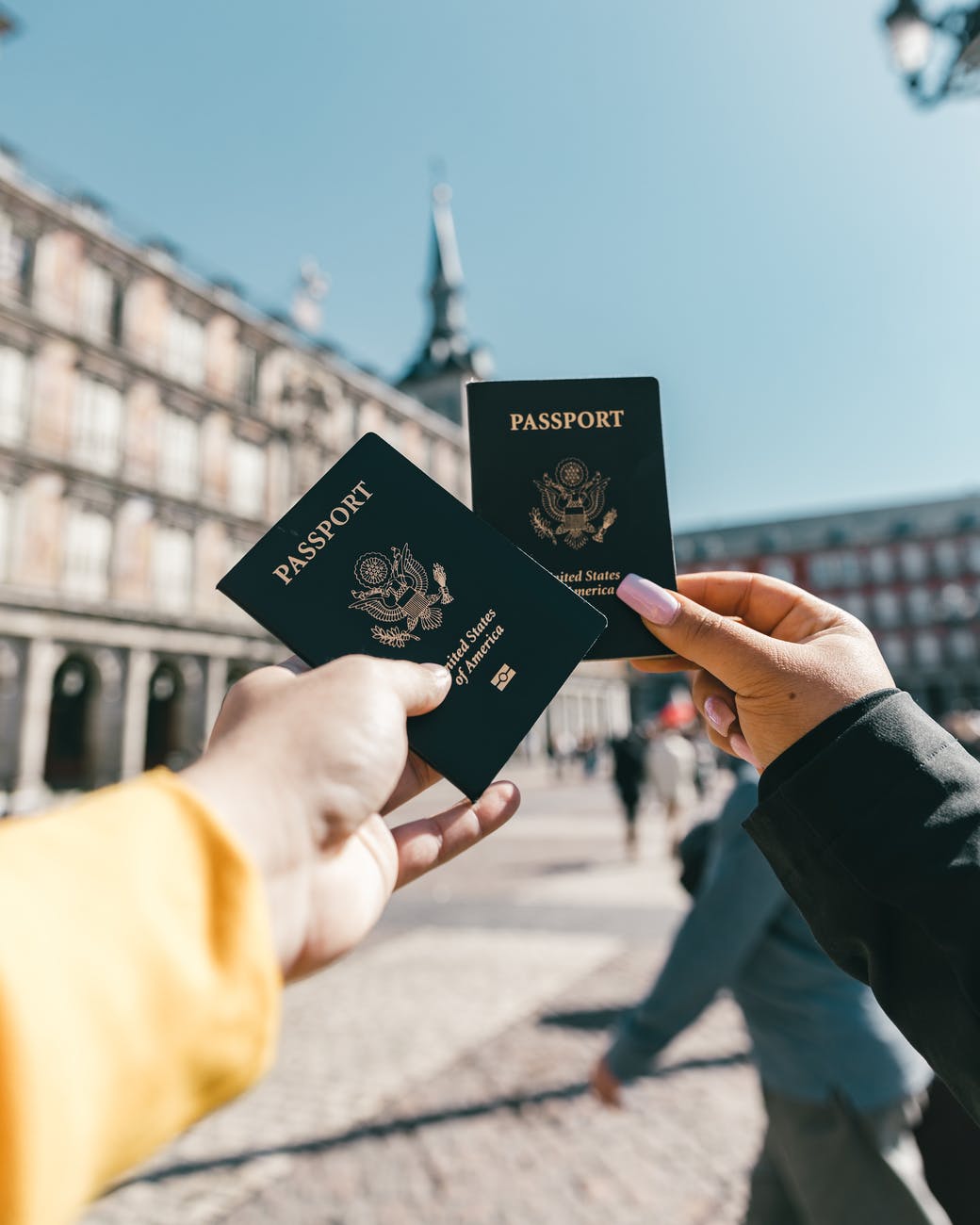
We are a reader-supported education publication. When you buy through links on our site, we may earn an affiliate commission to help us keep providing content.
This guest post was written by Jack Curtis.
Studying abroad can be an amazing and memorable experience for any student looking to expand their knowledge and create new experiences. It’s no wonder that in 2020 despite the global pandemic 666,815 students were studying for a UK degree overseas. However, the decision to study abroad takes planning, dedication and a willingness to try new things. It can seem a daunting and scary task to leave your normal life behind and venture into the unknown of a new country, but it doesn’t have to be hard. Here are 7 pieces of advice you should consider to help you settle in comfortably and really enjoy your year abroad.
Consider Brexit limitations
Unfortunately for students studying abroad post January 2021, the new Brexit guidelines need to be considered. It’s vital that before you travel you research what documentation you will need to relocate and live in a new country. Use the official government websites for the UK and the country you plan to move to, in order to find the correct information on what you’ll need to do. Also make sure the information you find is up to date as this will ensure you aren’t left unable to live in a new country. Don’t let Brexit put you off studying abroad but be vigilant of and prepared for the changes it has caused.
Sort your accommodation before traveling
You don’t want to get to a new country and be homeless upon arrival. So make sure you have at least booked a short term place to stay like a hostel or hotel before arriving. These kinds of places are usually pricey long term though, so aren’t appropriate for your whole stay. Ideally you will want to find a suitable accommodation that lasts the full duration of your stay and is affordable with your student budget.
If you’re living in a city center, then try student accommodation that the university provides first as they will usually price it within a student price range. If you can’t find anything close to where you’re studying, then research which areas have cheaper housing costs and think about commuting day to day with the money you save on rent.
Set up a foreign bank account
While it is likely that your current bank card will work abroad in the country you choose to live in, there are many benefits to setting up a bank account in that country too. Using your card from home may not be accepted in all locations, you may be limited by how many times you can withdraw money and of course there will be sneaky transaction fees your bank will charge you for every purchase and withdrawal you make. These transaction fees are small yet will add up over time if you are staying for longer than a few months.
So to avoid these extra costs and inconveniences, research which local banks offer good opening deals and open an account with them. It’s usually free to do and takes no longer than a few hours to sort out. You can then spend freely abroad and close your account when you leave. It’s as easy as that.
Get comfortable with transport you’ll be taking
Unless you are bringing a car with you, getting to know what public transport you’ll be taking day to day is a must when living abroad. Whether it’s your route to university or the easiest way to the city center, it’s important you learn the cheapest, fastest and most convenient methods of transport. Trains, busses and rented bikes are all common public transport options you should research or even the walking route if you’re lucky enough to be within walking distance of your destinations.
Getting comfortable with the transport you’ll be taking will help avoid you getting lost in a new place which can be a scary experience you’ll want to avoid. You will save precious money if you research transport options, as buying a rail or bus card could reduce costs too. Finding out how late your transport options run until will allow you to go out without having to worry about being stranded with no way home. And knowing the timings of your day to day routes will stop you from tuning up late to important dates in your calendar. With all these benefits it’s a no brainer to be aware of your transport options, so make sure to do it.
Throw yourself into the new culture
One of the most exciting parts of moving to a new country is all the new culture you will get to experience. To help make the most of your time away from home and to make yourself feel less like a fish out of water, throw yourself into that new culture! Start with learning important and useful phrases from their language. Rather than being expected to learn a whole new language (you’re not, don’t worry) using common words and sentences like ”I don’t speak your language well” will help you to get by day to day. Picking up on a new language will make your stay much more comfortable and can even improve your future job prospects too.
Learning and understanding the formalities and traditions of where you are living will help to educate you and open up new doors for adventure and fun during your visit. Is a certain type of dancing popular where you’re staying? Then go try a class doing it! You will meet loads of new people this way and open yourself up to new experiences that you’ll never forget. Try different cultural dishes and celebrate any fun holidays you can’t experience at home. The more you try, the sooner you can truly appreciate what makes the new country so great to live in.
Make as many new friends as possible
It can sometimes be difficult to settle in a new country alone. Loneliness and feeling homesick are common feelings students experience after recently moving. A great way to combat these feelings is to surround yourself with new friends who you can spend your free time with. These new friends aren’t going to just show up at your door however, so it’s important you put yourself out there. Feeling some social anxiety is completely normal but you will not regret socialising, even if it can be a little tiring.
If you’re not sure where to meet people, then start by pursuing the same interests you have at home, whether that’s sports, drama, university societies or anything else. This way you will meet new people who have similar interests to you, but remember not just to make friends with people from your home country. Studying abroad is about making new experiences and meeting different types of people will open up experiences you couldn’t get by sticking with what you know.
Also, explore the city you’re staying in, it is very likely that there are a huge number of sights to see and things to do. Try not to just work and work until you are just too tired to go out. Remember to relax, unwind and have some fun too!
Get a part-time job
Being financially sound while studying abroad will make settling that much easier, but that’s not always possible for some students without finding a part-time job. Living in a city can be expensive, so if you’re struggling for cash, then don’t be afraid to look for a student job between your studies. This will not only help you earn some money, but can also increase your confidence and help you to make new friends.
If earning some casual cash is not your immediate concern, try to look for opportunities to volunteer. This will also make you meet a lot of new people and expose you to different environments, which helps a lot in the settling down phase. Working or volunteering abroad will look great on your CV on top of your studies too.









